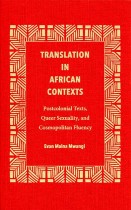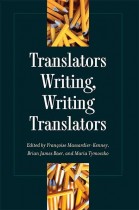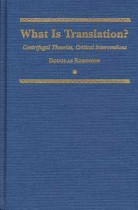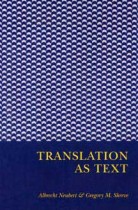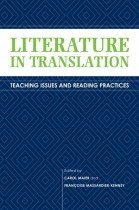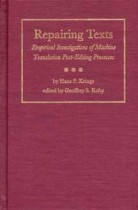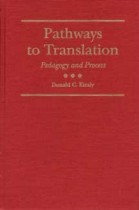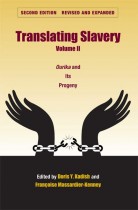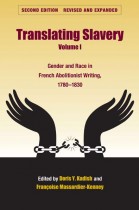Translation and Time
James St. André | Filed under: Translation Studies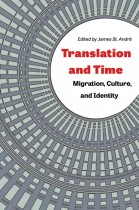
This volume brings together 10 essays on the relation between temporality and translation, engaging in both theoretical reflection and consideration of concrete case studies. The essays can be read independently, but three major themes run through them and facilitate a discussion about the many ways in which the theoretical and practical consideration of temporality may provide new insights and research directions for translation studies.

